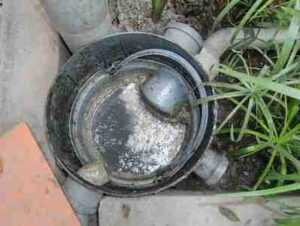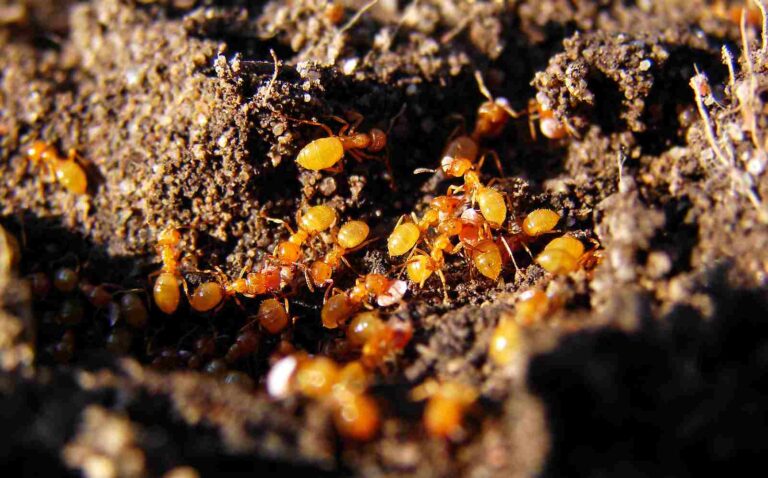Greywater Meaning, Characteristics and Sources Explained
Greywater is wastewater that has been used for mild domestic purposes, and can be reused for other purposes without any significant form of treatment. This article discusses greywater meaning, characteristics, sources, and comparison; as outlined below;
-Greywater Meaning: 5 Ways to Define Greywater
-Some Basic Characteristics of Greywater
-Greywater and Blackwater: A Comparison
Greywater Meaning: 5 Ways to Define Greywater
Greywater (also ‘grey water’, ‘gray water’, ‘graywater’ or ‘sullage’), is wastewater from domestic processes, that is not hazardously polluted and can be easily recycled or reused for other purposes.

Aside the fact that it is produced from domestic processes, another important aspect of the origin and fate of greywater, is its recycling (or reuse). The greywater meaning below highlights this aspect;
Greywater is water that has been used for non-hazardous domestic purposes, and can be collected and reused for other purposes that do not demand high-purity; such as irrigation and toilet flushing.
The collection and use of greywater is in line with the sustainable development agenda, and shares similarities with other water conservation practices like rainwater harvesting [4]. When practiced on a large-scale, the reuse of greywater is also a means of facilitating sustainable agriculture through conservative irrigation [2]
Some benefits of greywater collection and usage are outlined in the greywater meaning below;
Greywater is domestic wastewater which can be reused as a way to mitigate resource depletion and environmental degradation while promoting circular economy, energy conservation, energy efficiency, and sustainability [1].
Below is an alternative greywater meaning which mentions some sources of greywater;
Greywater is wastewater from showers, bathtubs, sinks, dishwashers, washing machines, or other domestic outlets; which contains few pollutants, is non-hazardous, and can be easily treated and/or reused compared to other types of wastewater.
As pointed out above, the sources of greywater are domestic outlets like washing machines, sinks, bathtubs and dishwashers. While some characteristics of greywater have been highlighted already, they are further listed in the greywater meaning below;
Greywater is wastewater from domestic outlets, which is typically low in toxin concentration, with no sewage content, and variable physicochemical properties; and which can be reused for irrigation and toilet flushing, among other purposes.
The variable physicochemical properties like temperature and pH, of greywater, are dependent on the characteristics of the source, and the nature of use, of the water.
Some Basic Characteristics of Greywater
Characteristics of greywater include;
1). Low toxin concentration
2). No sewage content
3). Variable physicochemical properties
4). Relative ease of treatment
An example of greywater is water which has been used for laundry or dishwashing, and which has relatively-low biomass content of any form (food particles, sewage, etc.).
Sources of Greywater
Sources of greywater are;
1). Bathtubs
2). Sinks
3). Washing Machines
4). Showers
5). Dishwashers
Greywater and Blackwater: A Comparison
The difference between greywater and blackwater is in their sewage content; where blackwater has a relatively-high concentration of sewage, and greywater typically has no sewage content.
Black water is derived from sewage outlets, while greywater is derived from domestic processing outlets.
Recycling of blackwater is only possible through elaborate treatment processes which may involve waste-to-energy conversion. Anaerobic digestion is an example of such processes for the treatment of blackwater [3].
Although greywater may also be treated by anaerobic digestion, its level of contamination can be significantly reduced using simpler purification methods like filtration.
Without treatment, blackwater is not safe to use for any purpose. This is because of a high concentration of toxins and pathogens, in blackwater. On the contrary, greywater can be used without treatment, for purposes like toilet flushing.
Conclusion
Greywater is a low-toxicity, reusable type of wastewater that is derived from domestic processes and can be used for irrigation and toilet flushing.
Characteristics of greywater include; low toxin-concentration, no sewage content, variable physicochemical properties, and relative ease of treatment.
Sources of greywater are; bathtubs, sinks, washing machines, showers, and dishwashers.
Greywater is different from blackwater in terms of composition, sources, treatment and reuse.
References
1). Dominguez, S.; Laso, J.; Margallo, M.; Aldaco, R.; Rivero, M. J.; Irabien, A.; Ortiz, I. (2017). “LCA of greywater management within a water circular economy restorative thinking framework.” Science of The Total Environment 621.Available at: https://doi.org/10.1016/j.scitotenv.2017.10.122. (Accessed 21 October 2022).
2). Rodda, N.; Carden, K.; Armitage, N.; Pleissis, H. (2010). “Development of guidance for sustainable irrigation use of greywater in gardens and small-scale agriculture in South Africa.” Available at: https://doi.org/10.4314/wsa.v37i5.10. (Accessed 21 October 2022).
3). Wendland, C. (2009). “Anaerobic Digestion of Blackwater and Kitchen Refuse.” Available at: https://doi.org/10.15480/882.478. (Accessed 21 October 2022).
4). Zavala, M. A.; Vega, R. C.; Miranda, R. A. (2016). “Potential of Rainwater Harvesting and Greywater Reuse for Water Consumption Reduction and Wastewater Minimization.” Water 2016, 8(6), 264. Available at: https://doi.org/10.3390/w8060264. (Accessed 21 October 2022).





